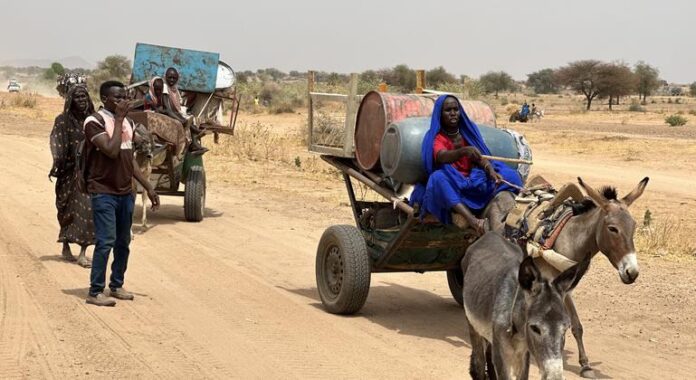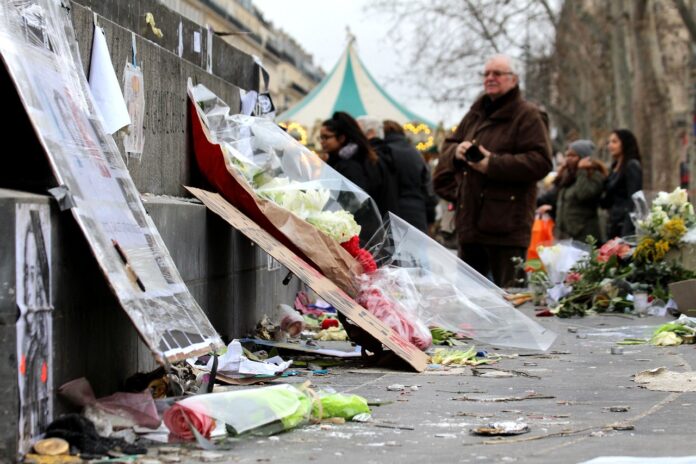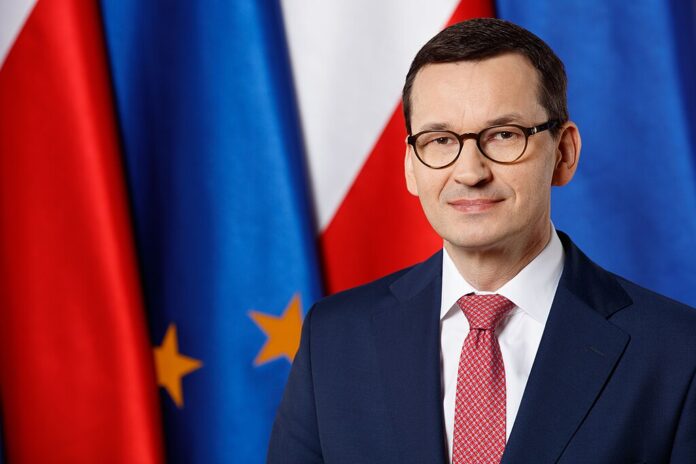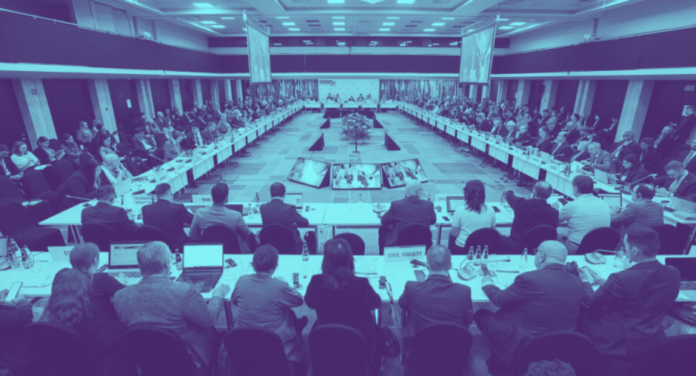Dutch Hindus are raising awareness about the plight of their fellow believers in Bangladesh. They hold radical Muslims responsible for a recent surge in violence against Hindus in that country. “Strange that our government responds so weakly.”
Hindus in Bangladesh are under attack by Islamists and have no voice, say Dutch Hindu activists. Therefore, they want to make themselves heard: “When you see temples being set on fire and idols being urinated on, it does something to you,” says Nawin Ramcharan (27), an active member of SOHAM, the Hindu advocacy organization in the Netherlands. Ramcharan, along with a few fellow activists, shares his story in an office in The Hague. “We noticed that in the news coverage from and about Bangladesh, there is hardly any mention of the suffering of Hindus.”
What’s going on? This month, the disgraced Prime Minister Sheikh Hasina fled Bangladesh after weeks of student protests that were met with a heavy-handed response. Following Hasina’s departure, chaos erupted. According to Hindu spokespersons, radical Muslims looted Hindu shops, homes, and temples—Hindus make up a minority of 13 million in this densely populated, predominantly Islamic country of 169 million people. According to the Bangladesh Hindu Buddhist Christian Unity Council (BHBCUC), Hindus were attacked in 52 of the 64 districts.
The situation has mostly calmed down now. The elderly economist and Nobel Prize winner Muhammad Yunus (84) has been asked to clean up the mess and guide the transition to a new era. “Yunus is a puppet of the United States, where he lived for a long time,” says Mohnish Sharma (49), director of consulting firm MS Advisory. “The US wants to expand its influence in the region because oil transports to Russia and China pass through this area. According to Hasina, she had to leave because she refused to allow a US military base on St. Martin, a strategically located island in the Bay of Bengal.”
Nawin Ramcharan is “not convinced” by Sharma’s observation that geopolitics played a role in the ousting of the authoritarian Prime Minister Hasina. “But I don’t rule it out either.”
How exactly all of this fits together is unclear. What will surprise many Dutch people the most is the involvement of these Dutch Hindus with developments in Bangladesh, a distant country that is not exactly in the news every day. Glenn Doerga (26), a law lecturer at the Holland University of Applied Sciences, explains: “The Dutch see us as Hindustanis, originating from Suriname. But Hindustanis can be Hindu, Muslim, and sometimes Christian. We Hindus are a religious community, spread worldwide, and we feel solidarity with our fellow believers elsewhere.”
Mohnish Sharma: “Our ancestors come from British India. They were brought to Suriname as contract laborers, but ultimately, our roots are in South Asia.”
The fact that the fate of the Hindus in Bangladesh, whose numbers have significantly decreased over the years, is hardly discussed here is, according to the interlocutors, due to poor lobbying. Sharma: “Hindus in the Netherlands can organize themselves culturally and religiously, but politically, they don’t make a fist. They prefer to fit the image of well-integrated, respectable doctors, lawyers, and accountants. Very different from Muslims, who, for example, through Denk, ask all sorts of questions about Gaza.”
Glenn Doerga: “An interview with me about Bangladesh appeared on TikTok, and a Hindu girl responded: ‘I don’t want to speak out about this because you quickly get labeled as Islamophobic and Hindu nationalist.’ Dutch Hindus are as modest as Indo-Dutch people.”
In India, Bangladesh’s neighboring country with 1.1 billion Hindus, Hindu nationalism became mainstream under Prime Minister Narendra Modi. Indian media extensively reported and expressed outrage over the attacks on their ‘Hindu brothers and sisters’ in Bangladesh, committed by Muslims—a group with which Modi’s India has problematic relations.
Nawin Ramcharan: “Those reports from Indian media were largely dismissed as fake news in the West. Why? Because it’s Muslims who are accused of violence? But when Hamas claims something, it’s readily accepted by editors.” He shows responses from Minister Veldkamp (NSC) of Foreign Affairs to questions from PvdA/GL. “Here, Veldkamp writes: ‘Multiple sources indicate that there is online disinformation about the violence against Hindus. It is therefore difficult to determine the scale of the violence.’ Well, I’ve seen exactly three videos that went viral debunked by Deutsche Welle. Many of the other images were definitely authentic and current.”
At a solidarity rally last week in The Hague, a few dozen people condemned the ‘genocide of Hindus’ in Bangladesh. Minister Veldkamp questions in his response to the House of Representatives whether the violence against Hindus—and also against the small Christian community in Bangladesh—was solely ‘religious in nature.’ After all, many Hindus in Bangladesh supported the party of the disgraced Sheikh Hasina. So, it could just as well be political retribution.
Be that as it may, Dutch Hindu activists continue to raise the alarm. Mohnish Sharma: “The number of Hindus in Bangladesh has dramatically declined in recent decades. Under pressure from the advancing Islam, people converted, or Hindus fled to India. India’s Prime Minister Modi also warns about it: Islam is expansive. The same goes for the Netherlands. Islam has also established itself in all layers of society here. Maybe that’s why we hear and read so little about the misdeeds of Muslims in Bangladesh?”














